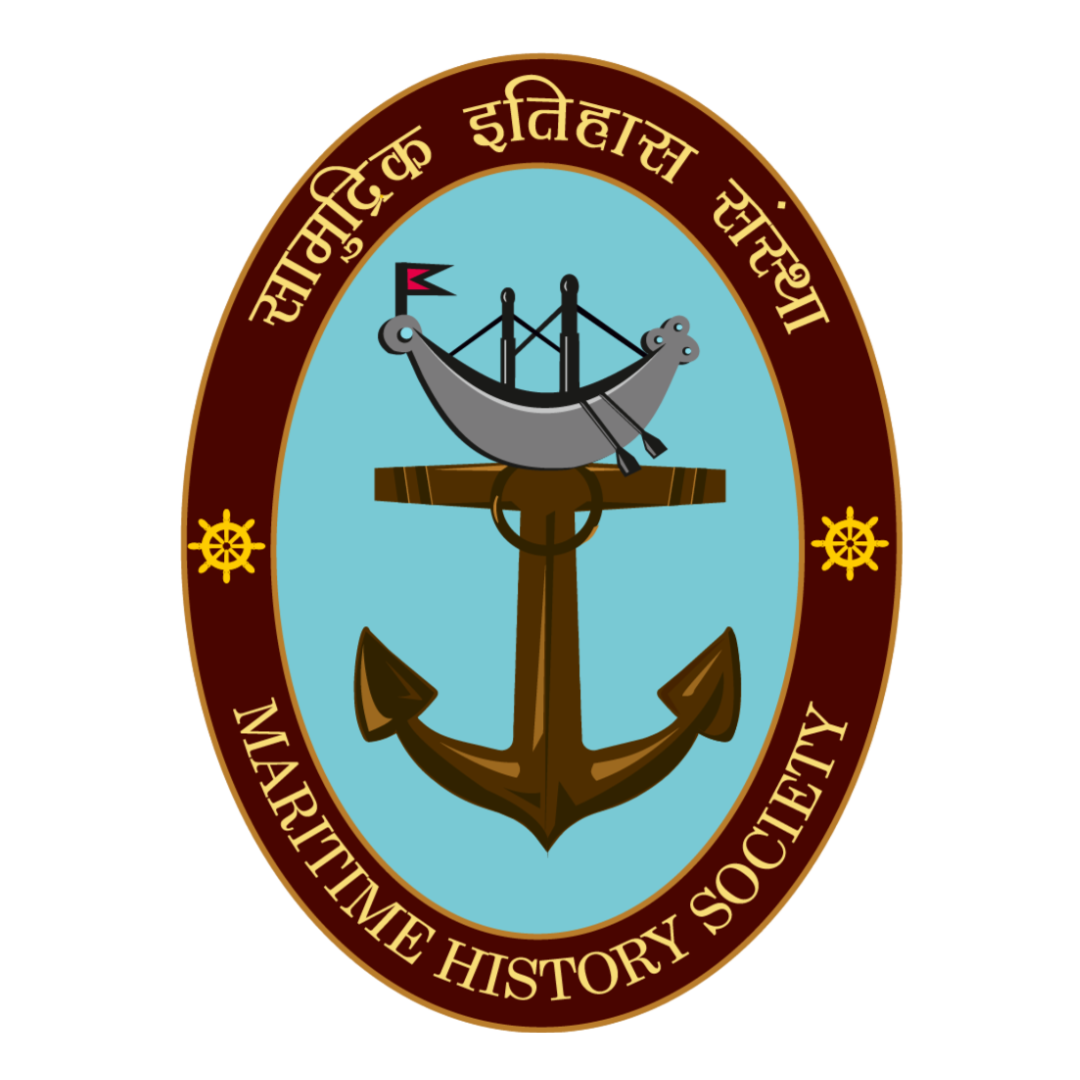At the heart of the bustling city of Mumbai against its towering skyline is the narrow yet lively lanes of the Worli Koliwada, it is one of the many Koliwadas or fishermen hamlets within the city. Surrounded by the sea on three sides, the Worli Koliwada stands out for its picturesque view of the Bandra-Worli sea link, the brightly coloured fishing boats that sprawl the shoreline and the Worli Fort, a remnant of the British era.
The Worli Koliwada is more than 500 years old fishing village, set up even before the advent of the Portuguese into Bombay. The original inhabitants of the village were the Kolis who would fish in the nearby waters for their living. During the Portuguese time, rapid conversion started taking place which gave birth to a new sect known as Christian Kolis. The Koliwada thereupon became primarily a community of original fishermen known as Kolis and Christian Kolis (The Gazetteer of Bombay City and Island, 1977).
Chapel of Jesus, Worli Koliwada. Image Credits: MHS
What stands out throughout the village are the big and small shrines of various deities belonging to both Hindu and Christian sects, a reflection of the demographics of the population that occupy the Koliwada premises. Situated at the very end of the Koliwada, touching the shores, is a small Chapel dedicated to Jesus built by the local Christian Koli community. A unique feature of this chapel is the main idol of Jesus standing on a Koli boat. Named as the “darya cha raja” or the Lord of the Seas, this Chapel is a beautiful example of the community maintaining their cultural identity of being Kolis along with their religious Catholic identity.
In an interview with a resident of the Koliwada, Michael Koli, he states that “we are the people of the sea and we identify with the boat”. He further states that the idea of building Jesus on a boat was that of the youngsters of the village who took the complete initiative of building it and getting it ready for the chapel. The chapel was built in 2005 while the idol was ready a couple of years prior.
While in the mainstream Christian population, it may be uncommon to build a chapel similar to this, the use of icons like boats and anchors is common within the Christian Kolis of Mumbai and its suburbs (Koli, 2021).
Cross and Mother Mary, Worli Koliwada. Image Credit: MHS
While the chapel is relatively new, the Koliwada is dotted with various crosses and smaller shrines dedicated to Mother Mary or as they refer to her as ‘mauli’ or ‘Velankani mata’. One of the oldest crosses in the Worli koliwada dates back to over a hundred years, rebuilt over the years to overcome its wear and tear. The idol of Mother Mary is dressed in the traditional saree along with traditional Koli gold jewellery, reflecting the identity of the local community and their association with the traditions and cultural aspects of being Kolis.
The Koli Christians celebrate all the Catholic festivals, prominent among them being Christmas and the Feast of the Crosses along with a special celebration organised on the 1st of May on occasion of the consecration of the chapel. Earlier, Christmas used to be a huge celebration with the community members going for the midnight mass at the local parish and coming back late at night or early morning while playing the traditional earthen instrument called “ghummad” and dancing on its beat. At present, these celebrations have evolved and they do not continue late at night. According to Michael, there is no one today who plays the traditional “ghummad” (Koli, 2021).
Meals and celebrations are organised around this time of the year. Women prepare traditional snacks that are exchanged between neighbours along with Christmas cake made specifically for the day. A Koli meal is incomplete without fish and forms an integral part of Christmas feast.
While the Christian Kolis observe all Christian festivals, they also participate in Hindu festivals along with their Koli brethren. Narali Purnima and Holi locally referred to as ‘Shimga’ by the Kolis are the important festivals in the community. As monsoon ends, the offering of coconut to the seas on the occasion of Narali Purnima marks the beginning of fishing season, making it one of the most important celebrations within the fishing community.
Presently, Christian Kolis make for about 200-250 houses amidst the densely populated Koliwada. The practice of Christianity is visible in their religious rites and ceremonies but the cultural identity of being fisherfolk or Koli remains strong through generations. It is passed down in form of their knowledge of fishing, the skill of boat building and net repairing and the importance associated with festivals of the sea like that of Narali Purnima. The lesser known Christian Kolis of Mumbai add to the cultural diversity of the city and its charm.
Works Cited
The Gazetteer of Bombay City and Island. (1977). Pune: The Government Photozinco Press.
Koli, M. (2021, December 21). Christian Kolis at Worli Koliwada . (L. Pezarkar, Interviewer)



0 Comments